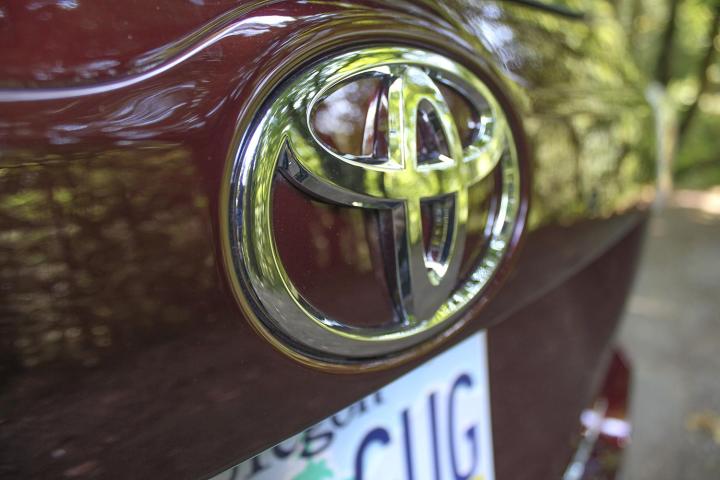
The Japanese car giant announced Monday it’d sold 7.49 million vehicles from January to the end of September, slightly more than VW’s count of 7.43 million for the same period. VW had led the pack for the first six months of the year, Bloomberg reported.
The German car maker’s emissions-cheating antics first hit the headlines in mid-September, suggesting the crisis will have had little impact on the latest sales figures. However, recent growth in a number of global markets, including China, could now be hit as a result of the scandal, allowing Toyota to consolidate its position in the coming months as the world’s top car seller.
As for U.S.-based car makers, GM took third spot with 7.2 million vehicle sales.
Commenting on the figures, auto analyst Koji Endo told Bloomberg, “Toyota will be the number one for this year,” adding, “VW may be facing sales difficulties due to the scandal toward next year in Europe and the U.S., and I don’t see the Chinese market coming back anytime soon.”
VW is scrambling to restore its reputation after it was caught using sophisticated software on diesel cars to cheat emissions tests. The so-called “defeat device” enables a vehicle to detect when it’s being tested for emissions so that it can control its pollutant output, while the car’s overall performance is adversely affected. Back on the street, full performance is restored though pollutants are then way beyond what the law permits.
The defeat device is present in around 11 million diesel-powered vehicles worldwide – including those made by other VW-owned firms such as Audi, SEAT, and Skoda – with nearly 500,000 of the affected automobiles on U.S. roads.
VW is now in the middle of organizing a massive recall to modify the cars and make them legal. Soon after news of the scandal broke, Martin Winterkorn resigned his position as VW’s CEO and was replaced by former Porsche boss Matthias Muller.


